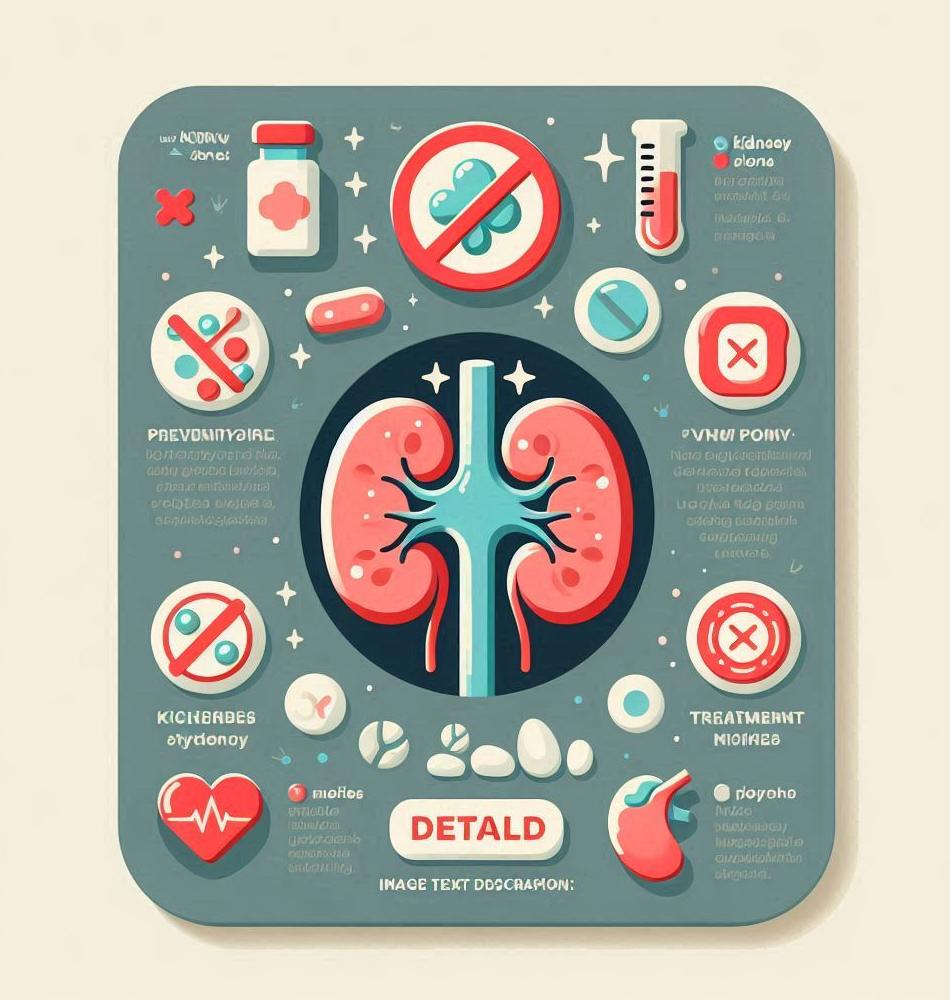Kidney stones. The term itself can evoke a sense of dread. These small, hard mineral deposits formed in the kidneys can cause excruciating pain and serious health issues. If you have ever had the misfortune of dealing with kidney stones, you know how debilitating they can be. In this article, we will explore the nature of these tiny terrors, identify their causes, examine the symptoms, discuss prevention strategies, and uncover the available treatment options. So grab a drink and let’s delve into the world of kidney stones.
What Are Kidney Stones? 🌪️
Kidney stones are solid masses made of crystals that originate in the kidneys, and they can vary in size from a grain of sand to a golf ball. These stones can form when certain substances in urine become overly concentrated, leading to crystallization. There are several types of kidney stones, categorized based on their composition:
Types of Kidney Stones ✨
Let’s take a closer look at the different types:
- Calcium Stones: The most common type, often made of calcium oxalate or calcium phosphate.
- Struvite Stones: Typically formed from urinary tract infections, these stones can grow rapidly.
- Uric Acid Stones: Result from excessive uric acid often related to dehydration or certain diets.
- Cystine Stones: Rare stones formed by a genetic disorder that causes excessive excretion of amino acids.
Symptoms of Kidney Stones: When Should You Seek Help? 🚨
Understanding the symptoms associated with kidney stones is crucial for seeking timely medical intervention. Common indicators include:
- Severe pain in the back, side, or abdomen, often described as sharp and intolerable.
- Pain during urination.
- Blood in urine, resulting in a pink or reddish tint.
- Frequent urination with a persistent urge to go.
- Nausea or vomiting.
- Cloudy or foul-smelling urine.
When to Contact a Healthcare Provider? 🤔
If you experience any combination of these symptoms, especially severe pain or blood in your urine, it's essential to consult a healthcare professional promptly. Ignoring these signs can lead to complications, such as blocking the urinary tract or causing an infection.
Causes and Risk Factors: Who Is Most Prone to Kidney Stones? 💡
Understanding what causes kidney stones plays a vital role in prevention. Here are some of the most common causes:
Common Causes of Kidney Stones 🏗️
- Dehydration: Insufficient water intake leads to concentrated urine.
- Diet: High sodium, sugar, and protein consumption can contribute.
- Obesity: Excess body weight is linked to increased risk.
- Family History: Genetics can play a significant role in susceptibility.
- Certain Health Conditions: Conditions like diabetes and hyperparathyroidism can raise risk factors.
What You Can Do to Prevent Kidney Stones 🚰
Prevention is key when it comes to kidney stones. Here are some lifestyle tips that can keep these pesky stones at bay:
- Increase your fluid intake: Aim for at least eight glasses of water a day.
- Modify your diet: Limit high-oxalate foods, such as spinach and beets.
- Eat calcium-rich foods: Low-fat dairy can help negate stone formation.
- Maintain a healthy weight: Obesity is a known risk factor for developing stones.
- Be cautious with salt: High sodium intake can increase calcium in urine.
Treatment Options for Kidney Stones: What Are Your Choices? 💊
Once diagnosed with kidney stones, there are several treatment strategies available. The approach depends on the size and type of stone and the severity of symptoms.
Conservative Management 🩺
For small stones that can pass naturally, a conservative approach may be recommended:
- Hydration: Drinking ample water aids in flushing out stones.
- Pain Management: OTC medications can help reduce discomfort.
- Observation: Monitoring and letting the stones pass on their own.
Medical Interventions 🌐
If stones are too large or symptomatic, more aggressive treatment options may be warranted:
- Extracorporeal Shock Wave Lithotripsy (ESWL): This non-invasive procedure uses sound waves to break up stones.
- Ureteroscopy: A thin tube is inserted into the urinary tract to remove or break up stones.
- Percutaneous Nephrolithotomy: A small incision in the back to remove very large stones.
Frequently Asked Questions 👀
- What are the long-term effects of kidney stones?
- Can kidney stones reoccur after treatment?
- Are there specific diets recommended for kidney stone prevention?
- How quickly can kidney stones form?
- Can hydration alone prevent kidney stones?
Living with Kidney Stones: Coping Strategies and Awareness 🌈
If you are a kidney stone survivor, or you have been diagnosed with them, it can be challenging to adapt to the experience. It’s vital to remain informed about your condition and follow preventive measures to avoid future occurrences. Consulting with a healthcare provider specializing in kidney health can further help in managing your circumstances.
Conclusion: Navigating the Challenges of Kidney Stones 🔚
Kidney stones may be small, but their impact on your quality of life can be significant. Understanding their causes, recognizing symptoms, taking preventive measures, and exploring treatment options are all crucial in managing the challenges posed by these painful deposits. By staying informed and proactive, you can reduce your risk of developing kidney stones and enjoy a healthier life. Remember, when it comes to your health, knowledge truly is power.


